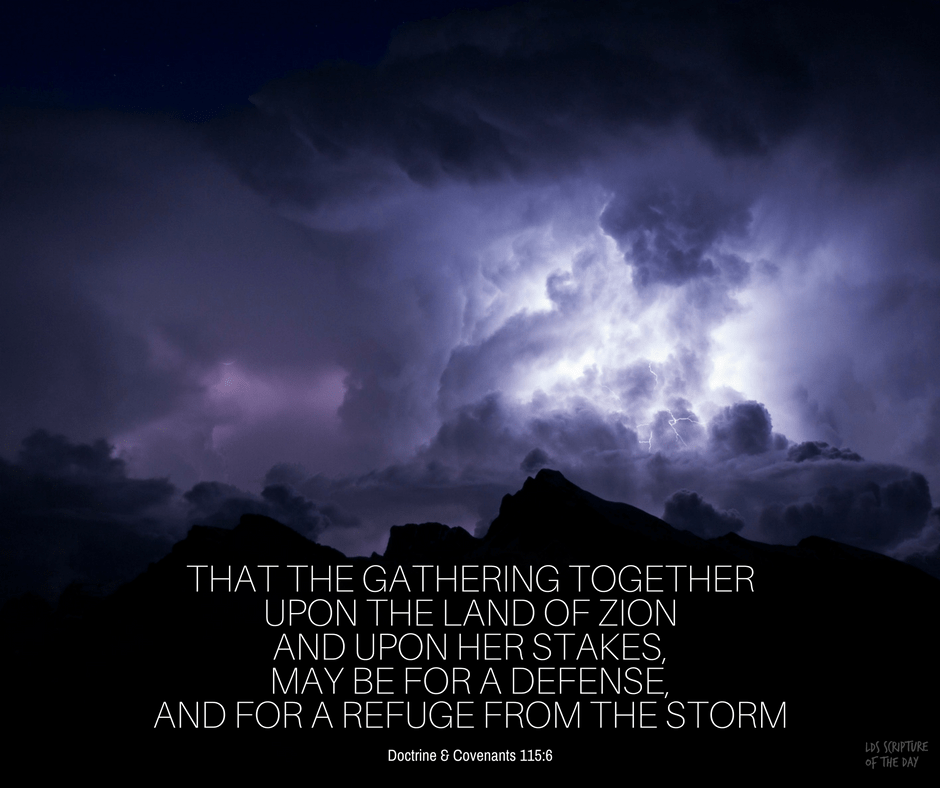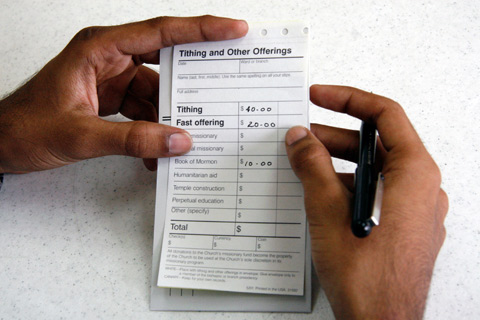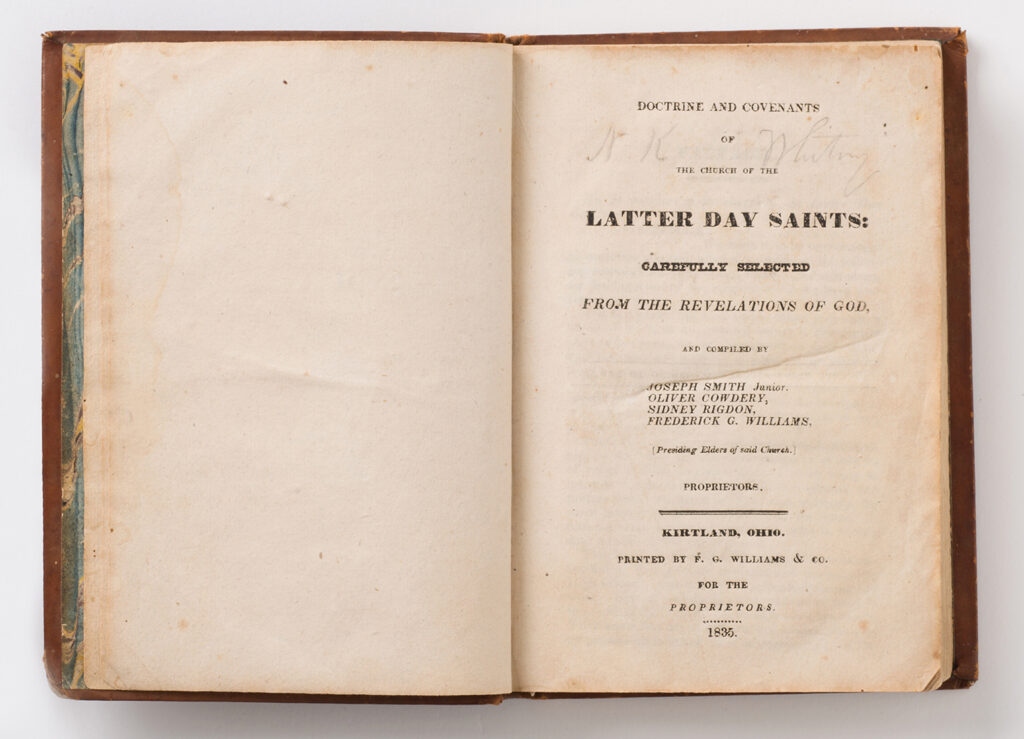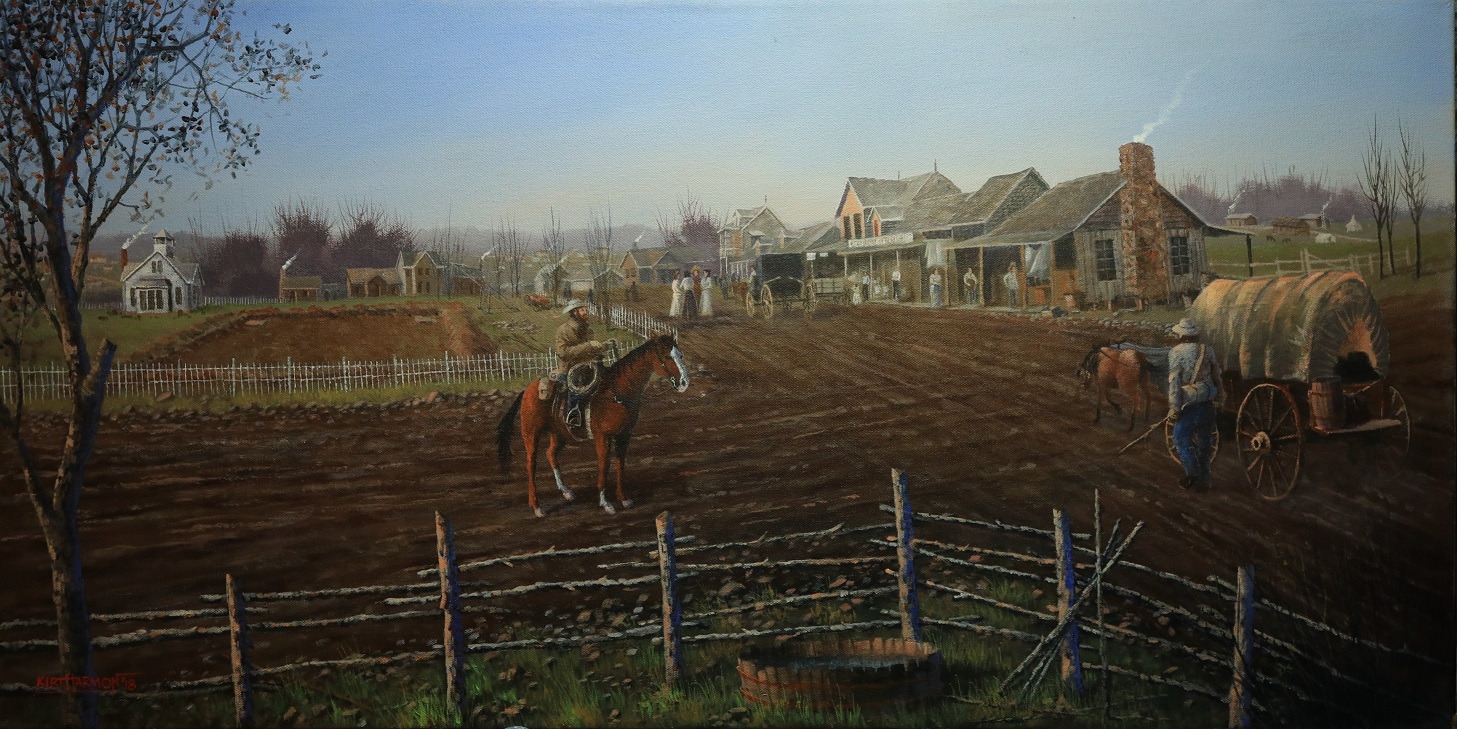To accompany your Come Follow Me study for October 13-19
In addition to reading these sections you will want to read:
- Chapter 45: Doctrine and Covenants 115–120 (churchofjesuschrist.org)
- Joseph Smith’s Revelations, Doctrine and Covenants 115 (churchofjesuschrist.org)
- Joseph Smith’s Revelations, Doctrine and Covenants 116 (churchofjesuschrist.org)
- Joseph Smith’s Revelations, Doctrine and Covenants 117 (churchofjesuschrist.org)
- Joseph Smith’s Revelations, Doctrine and Covenants 118 (churchofjesuschrist.org)
- Joseph Smith’s Revelations, Doctrine and Covenants 119 (churchofjesuschrist.org)
- Joseph Smith’s Revelations, Doctrine and Covenants 120 (churchofjesuschrist.org)
- Saints, 1:296-99 at https://www.churchofjesuschrist.org/study/history/saints-v1/25-move-on-to-the-west?lang=eng
- “Far West and Adam-ondi-Ahman,” Revelations in Context, 235-41 at https://www.churchofjesuschrist.org/study/manual/revelations-in-context/far-west-and-adamondiahman?lang=eng
- “Take Special Care of Your Family,” Revelations in Context, at https://www.churchofjesuschrist.org/study/manual/revelations-in-context/take-special-care-of-your-family?lang=eng
- “The Tithing of My People,” Revelations in Context, at https://www.churchofjesuschrist.org/study/manual/revelations-in-context/the-tithing-of-my-people?lang=eng
You may also enjoy the following videos:
If you would like a Kahoot game related to these sections which you could use with your family or your class, or which you could play or learn from individually by converting it to a “Challenge” version, click here: https://create.kahoot.it/share/doctrine-and-covenants-115-120/7746905f-f51f-4faa-b9b3-c5509812ae42. To use it with a group, after clicking on this link, you will need to log into Kahoot, creating a free account if you have not done so previously, then click on the blue “Host Live” button or the gray “Assign” button, depending on how you wish to use the Kahoot. Some of the Kahoot questions may presuppose that the player has read through the suggested answers to the following Points to Ponder and at least has browsed the Institute student manual as well.
Points to Ponder in Doctrine and Covenants 115-120
1. At the time of the publication of the first edition of the Doctrine and Covenants in 1835, by what name was the Church officially known?
2. By what other name or names had the Church been known previously?
3. What practical difference does it make whether we refer to the Church as the Mormon Church, the LDS Church, the Latter-day Saint Church, or the Church of Jesus Christ of Latter-day Saints?

4. What special significance do you see in each word of the Church’s name?
5. In what way do stakes serve “for a defense, and for a refuge from the storm”? (115:6)

6. Part but not all of D&C 116 is a direct quote from Joseph Smith’s history. Which words were added by modern editors for the 1981 edition?

7. What do we know about the great future meeting at Adam-ondi-Ahman? How does one go about getting tickets to it?

8. How would you answer someone who complained that we have no right to mix someone else’s words with those of Joseph Smith to make it appear they were all his, or to change the wording of a revelation from God?
9. What does the reference to the “Nicolaitane band” mean in 117:11, of which Newel K. Whitney was supposed to be ashamed?
10. What is the most obvious fulfillment of the promise made in 117:12 concerning Oliver Granger?
11. What do you understand the Lord to mean when he says that Oliver Granger’s “sacrifice shall be more sacred unto me than his increase”?
12. Why were the seemingly routine instructions in D&C 118 so hard for the Twelve to comply with? Under the circumstances, wouldn’t the Lord have excused them from literal compliance?
13. What change has been made in the law of tithing since D&C 119 was first given?

14. What would you tell a new convert who asked you if he was supposed to pay tithing on his gross or net income?
Possible Answers to Points to Ponder in Doctrine and Covenants 115-120
1. At the time of the publication of the first edition of the Doctrine and Covenants in 1835, by what name was the Church officially known?
The Church of the Latter-day Saints. See the title page below:

2. By what other name or names had the Church been known previously?
The Church of Christ, The Church of Jesus Christ, The Church of God
3. What practical difference does it make whether we refer to the Church as the Mormon Church, the LDS Church, the Latter-day Saint Church, or the Church of Jesus Christ of Latter-day Saints?
There is more dignity and power in the full name than in any of its nicknames or abbreviations. By way of illustration, it would be hard to imagine that it would have had the same impact for Joseph Smith to report that the Melchizedek Priesthood had been restored by “Pete, Jim, and Jack!” Furthermore, using the full name reminds the world that we do believe in Christ, contrary to widespread rumors. We honor the Savior when we call the Church by His name. And we show our willingness to follow His living prophet, Russell M. Nelson, who has repeatedly emphasized the importance of using the full name of the Church. (See https://www.churchofjesuschrist.org/study/general-conference/2018/10/the-correct-name-of-the-church?lang=eng.) On the other hand, we recognize that for convenience the world often refers to us by a shorter nickname, and we have no reason to feel offended thereby or to feel it necessary to straighten them out every time we are called Mormons or LDS, but we should not be the ones who initiate such usage.
4. What special significance do you see in each word of the Church’s name?
- The: There is only one true church. This is the one and only.
- Church: A divinely instituted and divinely approved formal organization.
- of: It belongs to the Savior and comes from him.
- Jesus: Not just an abstract or unidentified Messiah, but the one named Jesus
- Christ: This Jesus was in fact the promised Messiah.
- of: The Church also belongs to the members. There is shared ownership and responsibility.
- Latter-day: Proclaiming our belief in the imminence of the Second Coming.
- Saints: Those who are or aspire to be holy.
5. In what way do stakes serve “for a defense, and for a refuge from the storm”? (115:6)
In the past, and perhaps in the future, the concentrated membership found in a stake has served as a physical protection for the saints against their enemies. Today stakes serve more as a defense from spiritual evils, as we are taught the gospel and strengthened by association with others who share our beliefs and goals. Similarly, in such associations we find escape or “refuge” from the evils and temptations of the world.
6. Part but not all of D&C 116 is a direct quote from Joseph Smith’s history. Which words were added by modern editors for the 1981 edition?
“Spring Hill is named by the Lord”
7. What do we know about the great future meeting at Adam-ondi-Ahman? How does one go about getting tickets to it?
Beyond Daniel’s prophecy in Daniel 7:9-14 of a latter-day meeting of the Ancient of Days with the Son of man, we have few specific details, and speculation is likely useless. Joseph Smith did say:
Daniel in his seventh chapter speaks of the Ancient of days; he means the oldest man, our Father Adam, Michael, he will call his children together and hold a council with them to prepare them for the coming of the Son of Man. He (Adam) is the father of the human family, and presides over the spirits of all men, and all that have had the keys must stand before him in this grand council. This may take place before some of us leave this stage of action. The Son of Man stands before him, and there is given him glory and dominion. Adam delivers up his stewardship to Christ, that which was delivered to him as holding the keys of the universe, but retains his standing as head of the human family. (Teachings of the Prophet Joseph Smith, p.157)
Elder Joseph Fielding Smith offered additional interpretation, asserting that the council at Adam-ondi-Ahman would be “of the greatest importance to this world. At that time there will be a transfer of authority from the usurper and impostor, Lucifer, to the rightful King, Jesus Christ. Judgment will be set and all who have held keys will make their reports and deliver their stewardships, as they shall be required. Adam will direct this judgment, and then he will make his report, as the one holding the keys for this earth, to his Superior Officer, Jesus Christ. Our Lord will then assume the reins of government; directions will be given to the Priesthood; and He, whose right it is to rule, will be installed officially by the voice of the Priesthood there assembled. This grand council of Priesthood will be composed, not only of those who are faithful who now dwell on this earth, but also of the prophets and apostles of old, who have had directing authority. Others may also be there, but if so they will be there by appointment, for this is to be an official council called to attend to the most momentous matters concerning the destiny of this earth. When this gathering is held, the world will not know of it; the members of the Church at large will not know of it, yet it shall be preparatory to the coming in the clouds of glory of our Savior Jesus Christ as the Prophet Joseph Smith has said. The world cannot know of it. The Saints cannot know of it—except those who officially shall be called into this council—for it shall precede the coming of Jesus Christ as a thief in the night, unbeknown to all the world.” (Way to Perfection, pp. 290-91.)
Judging from Joseph Fielding Smith’s comments, one would not solicit “tickets” to such a meeting and would be quite unaware it had even taken place, unless he were in a position to be invited to be present.
8. How would you answer someone who complained that we have no right to mix someone else’s words with those of Joseph Smith to make it appear they were all his, or to change the wording of a revelation from God?
The D&C does not claim to be exclusively the writings of Joseph Smith or only revelations received by him but is a selection of revelations from the Lord and other essential documents from the early days of the Church. The addition of these introductory words to D&C 116 quite adequately conveys the information the Lord revealed and makes much more sense than the rest of the section would without them. Joseph Smith’s successors have the same authority he did to put the Lord’s revelations into acceptable words. Surely, Joseph Smith would approve.
9. What does the reference to the “Nicolaitane band” mean in 117:11, of which Newel K. Whitney was supposed to be ashamed?
Evidently it referred to a group of apostate or semi-apostate Saints in Kirtland.
The Institute of Religion student manual for Religion 324-325 stated:
“Many scholars believe that the Nicolaitans in New Testament times were followers of Nicolas (see Acts 6:5). He was one of the seven appointed by the Church at Jerusalem to supervise the distribution of food and goods. Nicolas was believed by some of the early Church fathers to have apostatized from the true gospel and then to have established a sect of his own—the Nicolaitans (see Interpreter’s Dictionary of the Bible, 3:548).
“One Bible scholar wrote the following about the beliefs of the Nicolaitans: “They seem to have held that it was lawful to eat things sacrificed to idols, and to commit fornication, in opposition to the decree of the Church rendered in Acts 15:20, 29. … In a time of persecution, when the eating or not eating of things sacrificed to idols was more than ever a crucial test of faithfulness, they persuaded men more than ever that it was a thing indifferent. Rev. 2:13, 14. This was bad enough, but there was a yet worse evil. Mingling themselves in the orgies of idolatrous feasts, they brought the impurities of those feasts into the meetings of the Christian Church. And all this was done, it must be remembered, not simply as an indulgence of appetite, but as a part of a system, supported by a ‘doctrine,’ accompanied by the boast of a prophetic illumination.” (Smith, Dictionary of the Bible, p. 447.)
“Elder Bruce R. McConkie wrote that Nicolaitans today are “members of the Church who [are] trying to maintain their church standing while continuing to live after the manner of the world. … The designation has come to be used to identify those who want their names on the records of the Church, but do not want to devote themselves to the gospel cause with full purpose of heart.” (Doctrinal New Testament Commentary, 3:446.)
“As bishop, Newel K. Whitney presided over the distribution of food and common goods in Kirtland. If Nicolas in ancient times turned from a similar sacred calling to a life of worldliness, the reference implies that Newel K. Whitney was in danger of doing the same.“
10. What is the most obvious fulfillment of the promise made in 117:12 concerning Oliver Granger?
He is mentioned positively in this section in every published copy of the D&C!
11. What do you understand the Lord to mean when he says that Oliver Granger’s “sacrifice shall be more sacred unto me than his increase”?
What we give is more impressive to the Lord than what we accumulate.
12. Why were the seemingly routine instructions in D&C 118 so hard for the Twelve to comply with? Under the circumstances, wouldn’t the Lord have excused them from literal compliance?
Far West, which had been Church headquarters when 118 was given, was by the specified missionary departure date of April 26, 1839, in the hands of their avowed enemies, who swore that this prophecy would not be fulfilled. While the Lord could have chosen to excuse his servants from the requirement to leave from the Far West temple site, he evidently did not do so, and we have a great story of faith and courage and divine fulfillment of prophecy as a result. As the Institute of Religion student manual explains:
“When the revelation was received, the brethren anticipated little difficulty in fulfilling these directions, but the subsequent persecutions and the expulsion of the Saints from Missouri made an April departure from Far West extremely dangerous. Many mobsters harassed the remaining Church members in Missouri and openly boasted that the revelation would not be fulfilled. But Brigham Young urged his colleagues to go to Far West as the Lord had directed and promised that the Lord would protect them.
“Shortly after midnight on 26 April, Elders Brigham Young, Heber C. Kimball, John E. Page, Orson Pratt, Wilford Woodruff, John Taylor, and George A. Smith gathered with about twenty other Saints at the Far West temple site. In the moonlight they recommenced laying the foundation of the Lord’s house by rolling up a large stone near the southeast corner. Brigham Young reported, “Thus was this revelation fulfilled, concerning which our enemies said, if all other revelations of Joseph Smith were fulfilled that one should not, as it had day and date to it.”1 In the early morning hours Theodore Turley, one of the Saints who had been at Far West with the Twelve, went to the home of apostate Isaac Russell to say good-bye. Russell was astounded that his friend was in Far West with members of the Twelve and speechless upon learning that the prophecy was fulfilled.”
13. What change has been made in the law of tithing since D&C 119 was first given?
We are no longer asked to donate our “surplus” when we join the Church.
14. What would you tell a new convert who asked you if he was supposed to pay tithing on his gross or net income?
Since the Lord has promised blessings for the payment of tithing, it might be tempting to ask the convert if he wanted the Lord to be extra generous or rather stingy when He measured out those blessings, and whether that would make any difference to how he wanted to calculate his tithing. However, the General Handbook indicates we are not to give any official answer to the question.
The General Handbook states:
The First Presidency has written: “The simplest statement we know of is the statement of the Lord himself, namely, that the members of the Church should pay ‘one-tenth of all their interest annually,’ which is understood to mean income. No one is justified in making any other statement than this” (First Presidency letter, Mar. 19, 1970; see also Doctrine and Covenants 119:4
If the First Presidency does not wish to answer the question, if would seem presumptuous of any of us to try to do so in their stead. One could tell the new convert how he himself interprets the commandment, but he should leave the new member feeling free to make his own decision, as he consults with the Lord. It may well be that the Lord would justify one member in paying on his net, while letting another feel that paying on his gross income was the proper way to do it.
